On this episode of the Improving Alpha podcast, we welcome Ciamac Moallemi to discuss the mysteries of decentralized finance and quantitative institutional investing. If you are looking to learn more on Ethereum and the impact of AI, don't miss this episode.
Michael Oliver Weinberg, co-founder, Improving Alpha Podcast Series
Is bitcoin a ‘safe-haven’ or still too risky for institutional investors to include as part of a larger portfolio allocation? How is systematic investing changing today with the influence of neural networks and artificial intelligence?
Michael Oliver Weinberg, host of the Improving Alpha: Innovation in Investing ESG, and Technology podcast invites Ciamac Moallemi, William von Mueffling Professor of Business Decision, Risk, and Operations Division, Columbia Business School, to unravel some of the mysteries behind decentralized finance (DeFi) and quantitative investing. Cimac will detail his expertise and how his ‘agnostic’ career interests have led him from early beginnings in science to financial applications in hedge funds, and more.

Ciamac discusses:
- the definition of stochastic control, and how it is applied to blockchains and decentralized finance.
- how neural networks have changed both in technological computing power and the investment costs to run that power today.
- what was the catalyst for writing the paper, “Monopoly without a Monopolist: An Economic Analysis of the Bitcoin Payment System”, and what Cimac believes Bitcoin really is at its core.
- the technology perspective of Ethereum and how that is different from the Bitcoin framework. Will one prevail over the other as we move forward?
- an academic and practitioner background when it comes to systematic investing today. What are the three main pieces of systematic investing, and why it shouldn’t be thought of as a black box.
- and more.
Ciamac C. Moallemi is the William Von Mueffling Professor of Business in the Decision, Risk, and Operations Division of the Graduate School of Business at Columbia University, where he has been since 2007. He also develops quantitative trading strategies at Bourbaki LLC, a quantitative investment advisor. A high school dropout, he received S.B. degrees in Electrical Engineering & Computer Science and in Mathematics from the Massachusetts Institute of Technology (1996). He studied at the University of Cambridge, where he earned a Master of Advanced Study degree in Mathematics (Part III of the Mathematical Tripos), with distinction (1997). He received a Ph.D. in Electrical Engineering from Stanford University (2007). Prior to his doctoral studies, he developed quantitative methods in a number of entrepreneurial ventures: as a partner in a $200 million fixed-income arbitrage hedge fund and as the director of scientific computing at an early-stage drug discovery start-up. He holds editorial positions at the journals Operations Research and Management Science. He is a past recipient of the British Marshall Scholarship (1996), the Benchmark Stanford Graduate Fellowship (2003), first place in the INFORMS Junior Faculty Paper Competition (2011), and the Best Simulation Publication Award of the INFORMS Simulation Society (2014). His research interests are in the area of the optimization and control of large-scale stochastic systems and decision-making under uncertainty, with an emphasis on applications in financial engineering.
About Our Host: Michael Oliver Weinberg, CFA
For three decades Michael has invested directly at the security level and indirectly as an asset allocator in traditional and alternative asset classes. Most recently he was a Managing Director, Head of Alternative Alpha, on the Investment Committee and a board member at APG, a Dutch pension provider. Previously he was the Chief Investment Officer at MOV37 and Protege Partners. Michael is also an Adjunct Professor of Economics and Finance at Columbia Business School, where he teaches Institutional Investing, an advanced MBA course that he created.
Michael is a published author, having written for The New York Times, international investment books and other publications. Michael has been interviewed by the Wall Street Journal, Financial Times, CNBC, Bloomberg and Reuters. He is a frequent panelist, moderator and lecturer for investment banks, institutional and family office organizations and business schools.
The information covered and posted represents the views and opinions of the guest and does not necessarily represent the views or opinions of Vidrio Financial, and/or our host, Michael Oliver Weinberg. The Content has been made available for informational and educational purposes only. The Content is not intended to be a substitute for professional investing advice. Always seek the advice of your financial advisor or other qualified financial service provider with any questions you may have regarding your investment planning.






